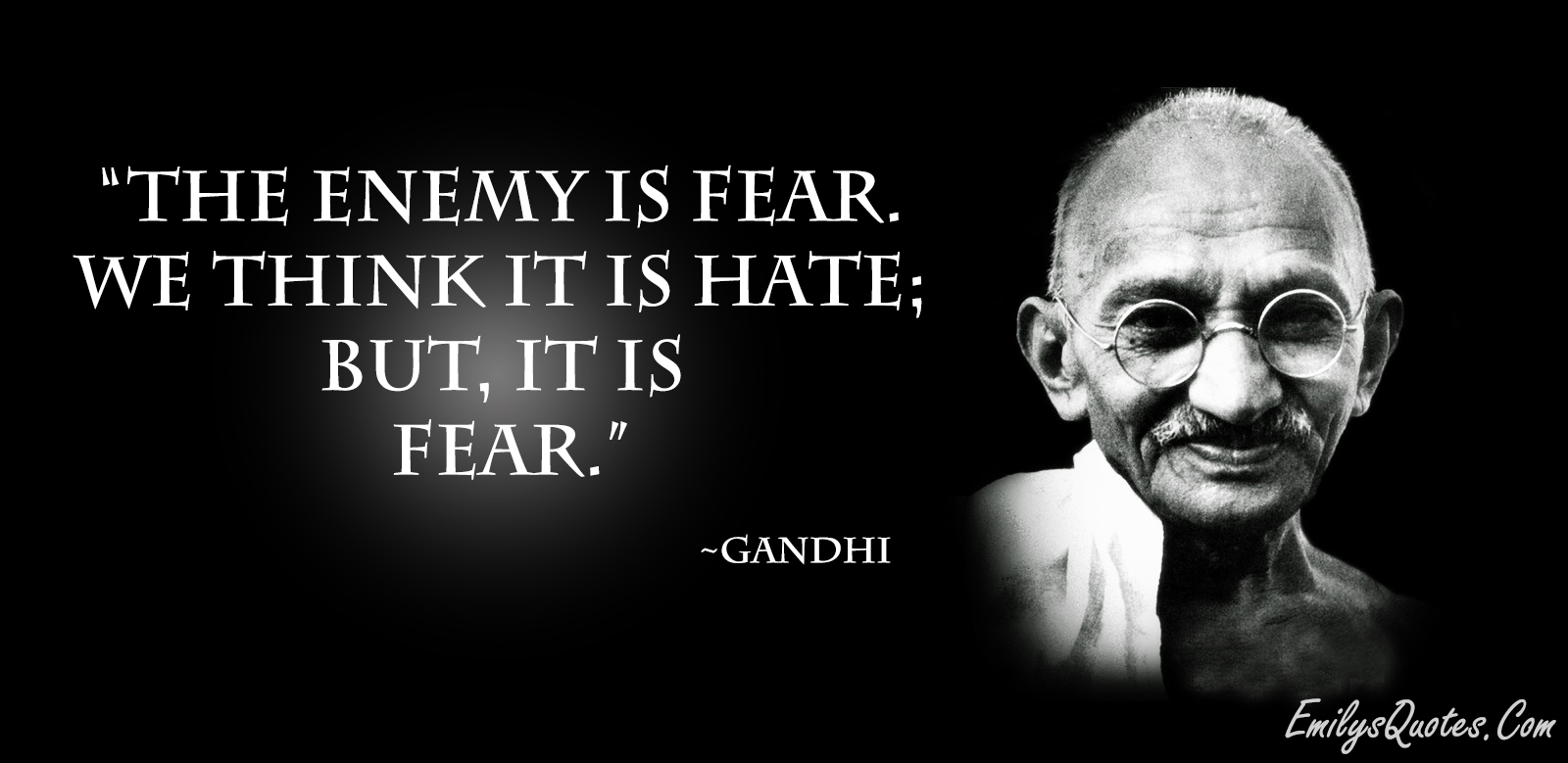Fear, in psychology, is nothing more than learned behaviour. It is a result of Classical Conditioning.
Simply put, the mind develops a fear of certain things when it is cautioned against an object or event or is a result of a previous unpleasant personal experience.
A little girl named Suzy has recently started attending school. She is escorted daily to her designated Bus Stop by her father John. Suzy knows a mom n pop store nearby and insists that John buys her a Lolly. John complies once or twice but soon realizes that Suzy is making a habit of the Lollies.
He observes a watchdog at the entrance of the store. To discourage Suzy's incessant requests for the Lollies, John relates a fictitious story to her about the watchdog who likes Lollies so much that he bites every little child who walks out of the store with one.
Suzy makes feeble attempts to convince John to take her to the store. But each time she insists, the story of the watchdog is repeated. And voila! Suzy soon stops pleading for the Lollies.
In the coming years, she outgrows the phase of believing in stories but she may not unlearn the fear of dogs that John imbibed in her.
All individuals have such minor and multiple fears, which is completely normal.
One of the definitions of fear states, 'it is a vital response to physical and emotional danger. If we didn't feel it,we wouldn't protect ourselves from legitimate threats. However, more often than not, the things we fear are not legitimate, and they are far from “life or death” scenarios.'
In a macro sense of the term 'fear', families fear loss of love, societies fear adulteration of their values, economies fear bankruptcy whereas as people (in most cases) fear God.
Striking the right balance and regulating fears is the most challenging part. Most people never try or have little success in channelizing their fears into something constructive.
For these masses, who struggle daily with their hidden and manifested fears, learn first to Love It, then Live It and finally Leave It!


Comments
Post a Comment